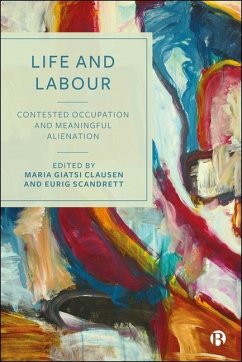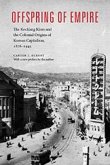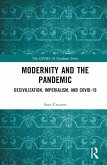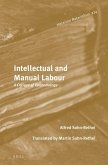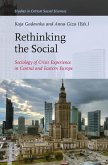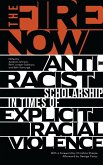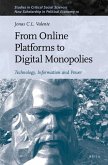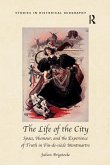What makes human activity meaningful? This book explores how social, economic and political forces have shaped the meaning of 'occupation' throughout history. Tracing the shift from industrial capitalism's division of 'work' and 'life, ' it analyses how movements for gender equality, labour rights, decolonization and disability activism have contested what is considered meaningful. From the trade union fight for shorter hours to the feminist reimagining of domestic labour, the book examines the struggles over who defines occupation and for whose benefit. With case studies by activist scholars, this provocative book reveals how conflicts are central to shaping modern social relations.
Bitte wählen Sie Ihr Anliegen aus.
Rechnungen
Retourenschein anfordern
Bestellstatus
Storno

